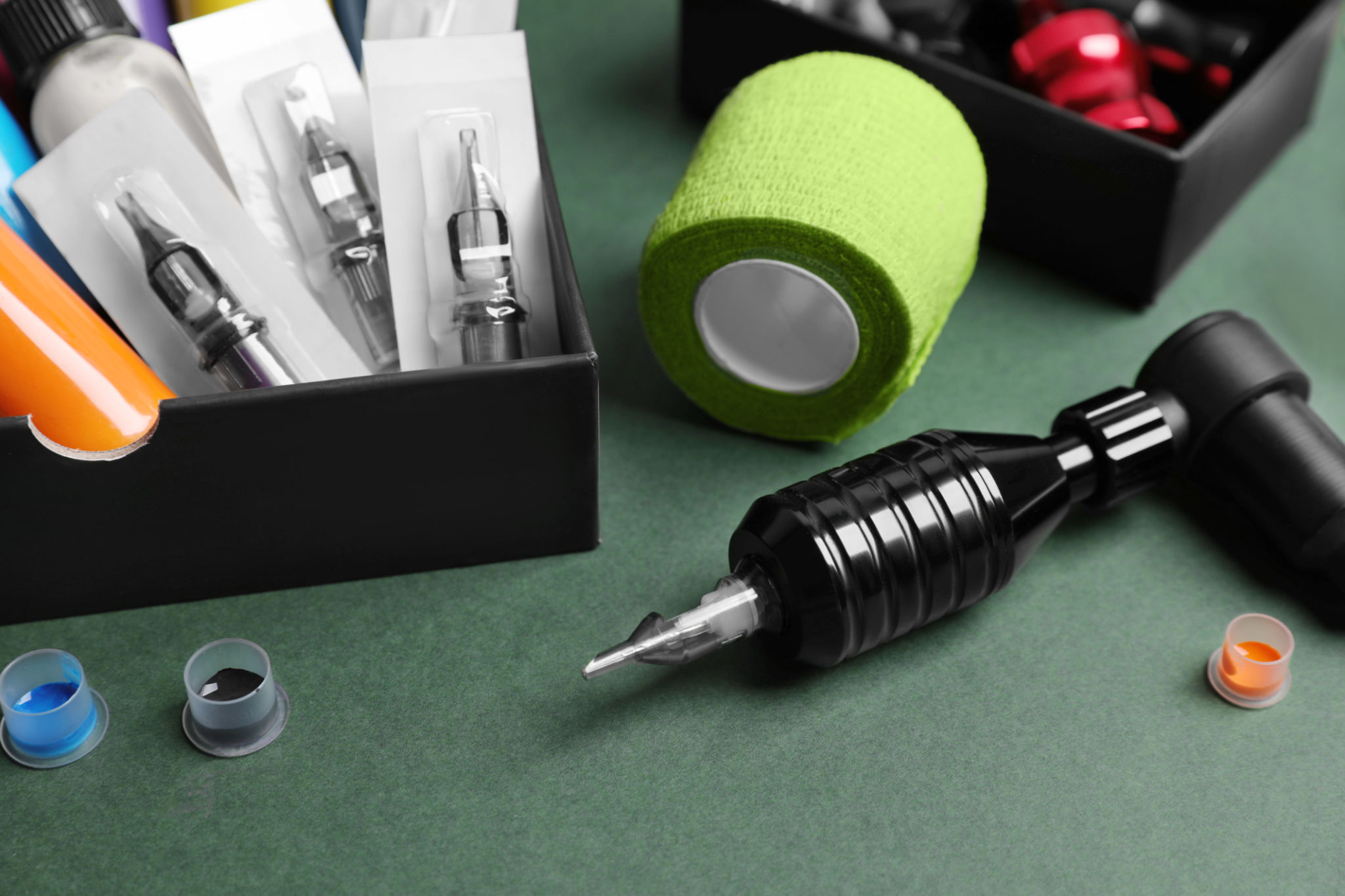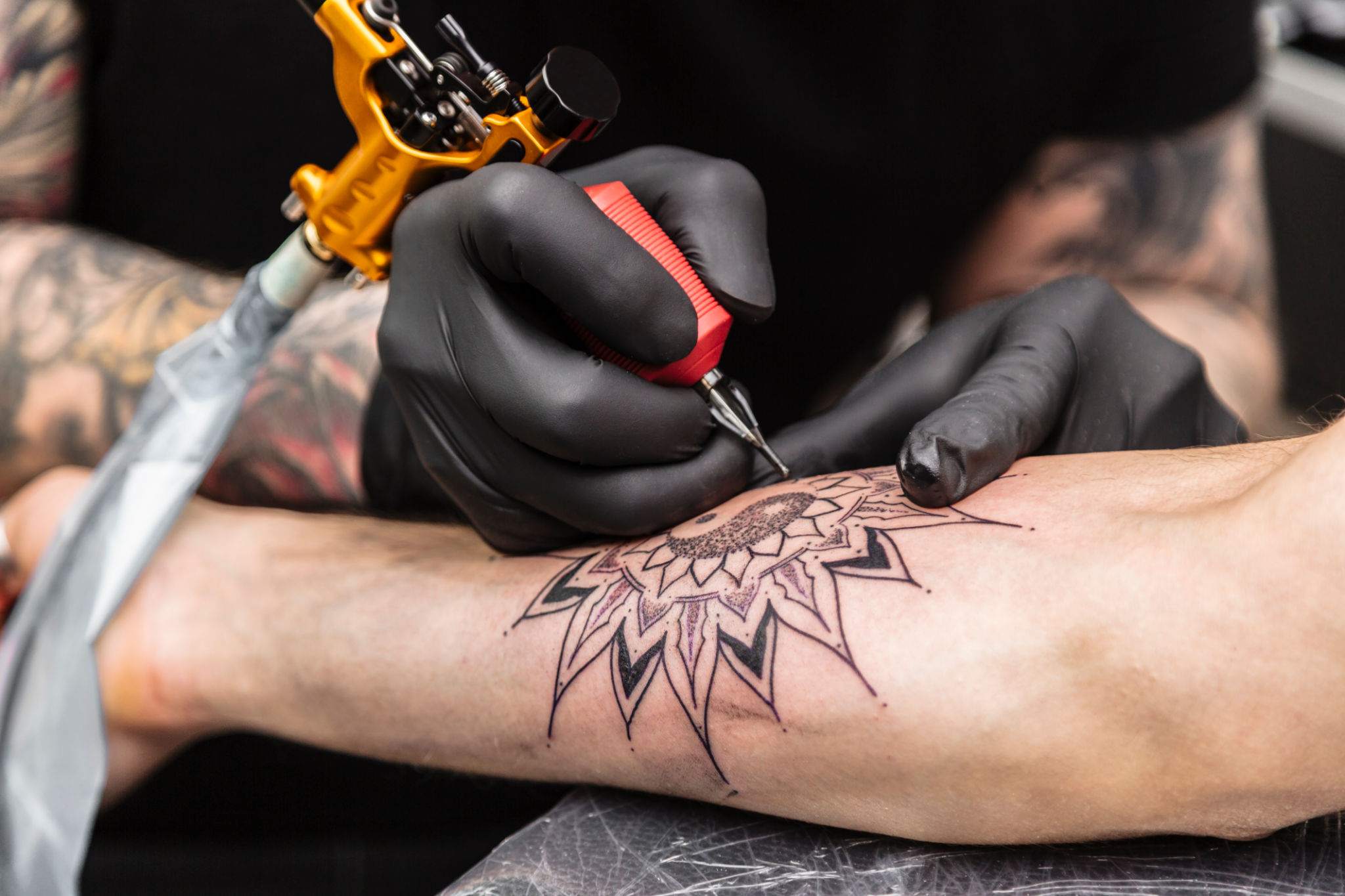Tattooing in Texas: Understanding Local Regulations and Best Practices
Understanding Tattoo Regulations in Texas
When it comes to getting a tattoo in Texas, it's important to be aware of the local regulations that govern the industry. The state has established specific guidelines to ensure the safety and well-being of both clients and tattoo artists. These regulations cover a range of topics from licensing requirements to sanitation standards. Understanding these rules is crucial for anyone considering a tattoo or operating a tattoo studio in Texas.

The Texas Department of State Health Services (DSHS) is the primary regulatory body overseeing the tattoo industry in the state. To legally operate, tattoo shops must obtain a license from DSHS. This involves submitting an application, paying a fee, and undergoing an inspection to ensure compliance with health and safety standards. Additionally, individual tattoo artists are required to complete a bloodborne pathogen training course to receive their certification.
Health and Safety Standards
Maintaining high health and safety standards is essential in the tattooing industry. In Texas, tattoo studios must adhere to strict sanitation practices to prevent the spread of infectious diseases. This includes using sterilized equipment, wearing gloves, and ensuring a clean working environment. All tools that come into contact with clients must be properly sanitized or disposed of after each use.
Furthermore, studios should have a clearly defined cleaning protocol that includes disinfecting surfaces and equipment regularly. Tattoo artists are also expected to educate clients on proper aftercare to minimize the risk of infection and promote healing. These practices help create a safe environment for both artists and clients.

Choosing the Right Tattoo Studio
Selecting a reputable tattoo studio is a crucial step for anyone looking to get inked. When choosing a studio, consider factors such as the cleanliness of the facility, the professionalism of the staff, and the portfolio of the artists. Visiting the studio in person can provide valuable insight into their operation and help you make an informed decision.
- Check online reviews and ratings.
- Ask for recommendations from friends or family.
- Ensure the studio has a valid license and certifications.
It's also beneficial to have a consultation with the artist beforehand to discuss your design ideas and gauge their expertise and communication skills. A good artist will listen to your vision while providing valuable input based on their experience.

Best Practices for Tattoo Artists
For tattoo artists working in Texas, adhering to best practices is key to building a successful career. This includes staying informed about the latest techniques, trends, and safety protocols in the industry. Continuous learning and professional development are vital for maintaining high standards and delivering quality work.
Networking with other professionals in the field can also provide opportunities for collaboration and growth. Attending tattoo conventions and workshops allows artists to showcase their skills, learn from others, and stay connected with industry advancements. Building a strong portfolio that highlights your unique style can help attract clients and establish your reputation in the market.
Conclusion
Tattooing in Texas requires compliance with specific regulations and adherence to best practices to ensure safety and quality. By understanding local regulations, maintaining high health standards, choosing reputable studios, and following best practices, both clients and artists can enjoy a rewarding tattoo experience. Whether you're getting your first tattoo or are an experienced artist, staying informed and vigilant is key to success in this vibrant industry.
